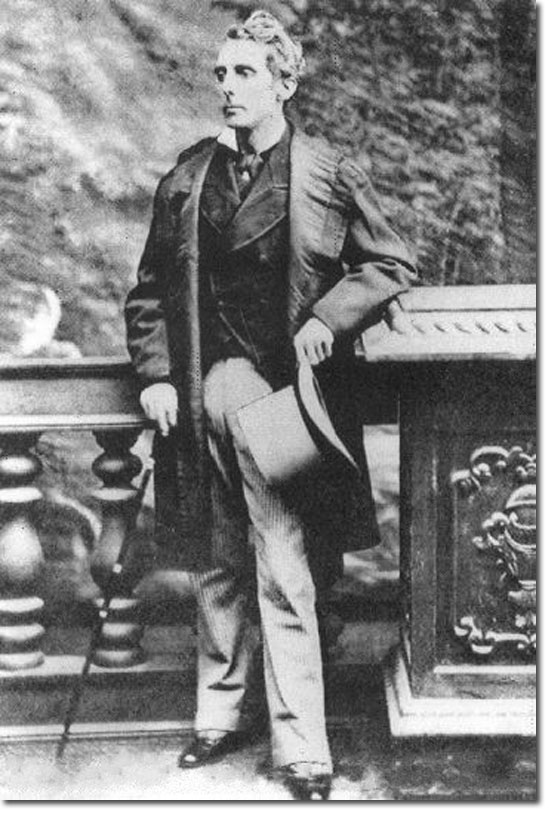|
|


|
|
From February 1872 to February 1873 Hennessy, temporarily seconded from his Bahamas appointment, was governor-in-chief of the British west African settlements — Sierra Leone, the Gambia, the Gold Coast, and Lagos — with his headquarters at Freetown, Sierra Leone. Against Colonial Office advice he insisted on taking his first born, three-year-old son, John Patrick (Johnnie). Soon after arrival at Freetown the child died of dysentery: that year over a quarter of the Europeans died. Hennessy tried to curry favour with the local people and, despite corruption scandals—the creole Treasury cashier stole over £800—wanted the appointment of Creoles to more senior positions: the Colonial Office refused. He criticized missionaries and missionary education (presumably because of his anti-protestant prejudice), praised the Muslims of the interior, and supported Edward Wilmot Blyden's proposal for the establishment of a west African university. He introduced limited sanitary reform in Freetown, and abolished Sierra Leone land and other direct taxes, leaving specific duties the mainstay of the local budget. His tariff chiefly benefited French traders. He also abolished timber duties, removing the only check on deforestation. He was popular with Freetown Africans, and for years afterwards 'Pope Hennessy day' was celebrated annually. Before leaving, Hennessy announced a £5000 surplus: later the auditor found he had omitted a month's expenditure. Hennessy claimed that customs revenue would rise, but it fell. By the end of 1873 there was a colonial deficit, the first for nearly twenty-five years. Following the Anglo-Dutch treaty of 1872, Hennessy in April 1872 received from the Dutch their Gold Coast forts. He was made CMG. However, as so often during his colonial career, trouble followed policies. His unpopular appointment of a new civil commissioner at Elmina led to riot and murder there.
At Lagos, annexed by Palmerston in 1861, the British administrator from 1866 was Captain John Hawley Glover RN, a dynamic ‘man on the spot’ who favoured British expansion and had a vigorous, interventionist, anti-Egba and pro-Ibadan policy. In 1872 the colonial secretary, Lord Kimberley, instructed Hennessy to caution Glover. Hennessy went to Lagos in April 1872 and quickly formed an antipathy to Glover. The newly arrived Hennessy told Glover, who had fifteen years' west African experience and spoke Yoruba, 'you know nothing of the country, the place or the people'. Exceeding Kimberley's instructions, in June he sent Glover home. Kimberley disapproved but did not reverse this. Hennessy quickly and with evident animus reversed Glover's anti-Egba policy. Hennessy's pro-Egba policy soon failed. Glover criticized to Kimberley Hennessy's 'vanity and culpable weakness'. On the Gold Coast Hennessy was hostile to the Fante confederation and contributed to its failure. He negotiated with the Asante and as usual thought he was doing well. The Asante invasion of 1873 surprised him, and he initially denied that there was an invasion. However, he left the problem to his successor, as he sailed for Liverpool in February 1873. Back in Britain some blamed him for the Second Anglo-Asante War: he blamed others. Controversy continued between him and the officials with whom he had quarrelled. Sir George Barrow, head of the Colonial Office African department, wrote in February 1873: 'one of the “pope's” failings is to endeavour to establish infallibility & at the same time to obtain supremacy — hence his liability to anathematise all around him … but … he may be the victim of his own selfish policy'. |
Sierra Leone | Sierra Leone Administrators
Armed Forces | Art and Culture | Articles | Biographies | Colonies | Discussion | Glossary | Home | Library | Links | Map Room | Sources and Media | Science and Technology | Search | Student Zone | Timelines | TV & Film | Wargames